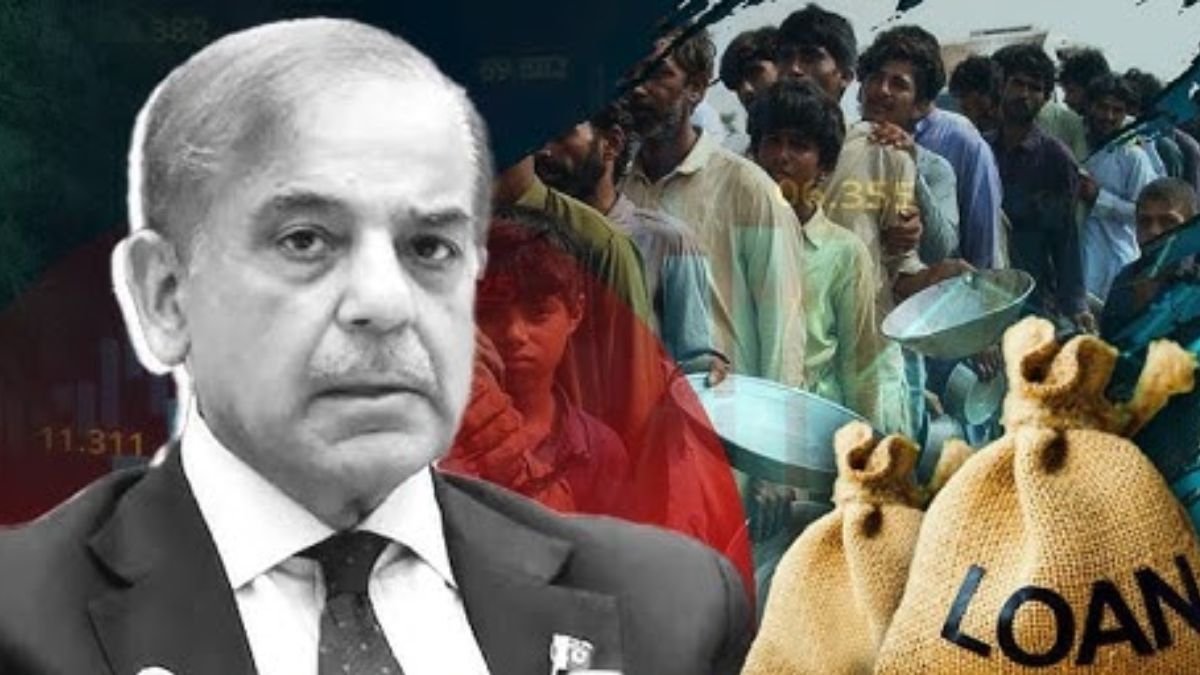

)
Pakistan's Economic Survey 2024-25, released amidst the anticipation of the federal budget, paints a picture of cautious optimism. Finance Minister Muhammad Aurangzeb declared the economy on a "gradual path to recovery," projecting a GDP growth rate of 2.7% for 2025. However, this seemingly positive outlook clashes sharply with the harsh realities faced by many Pakistanis.
The reality on the ground is starkly different from the official narrative. Pakistanis continue to struggle with:
The survey's positive projections are overshadowed by deep-seated structural problems and a tax system heavily skewed against the poor. The upcoming budget, heavily influenced by IMF conditions, leaves many questioning whether it will provide any meaningful relief to the struggling masses. The answer, for now, remains uncertain.
The upcoming budget, heavily influenced by IMF expectations, is unlikely to bring immediate relief to the majority of Pakistanis. The focus on austerity measures and privatization commitments, while perhaps necessary for long-term stability, does little to address the immediate crisis faced by ordinary citizens. The question remains: will the government address the real issues, or simply manage the appearance of progress?

